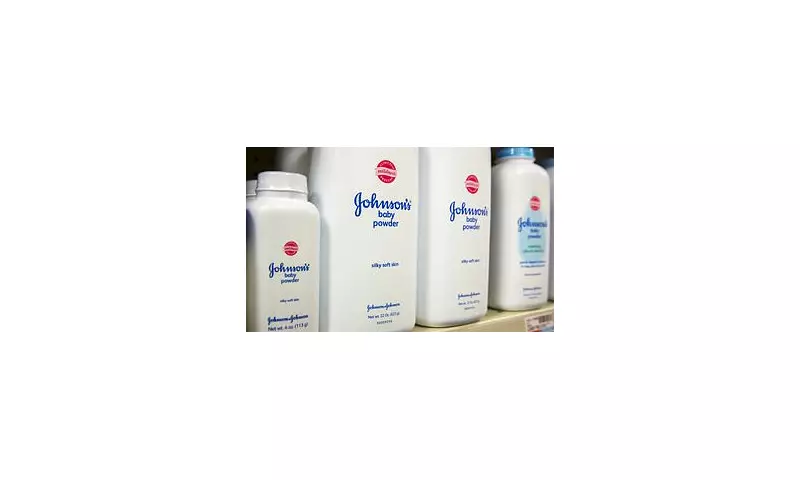
In a development that has sent shockwaves through the healthcare and consumer goods sectors, Johnson's Baby Powder faces renewed scrutiny following disturbing revelations about asbestos contamination. The iconic product, trusted by generations of British families, now stands at the centre of a growing health controversy that could have far-reaching implications for product safety standards.
The Hidden Danger in Household Products
Recent laboratory analyses have uncovered troubling evidence of asbestos fibres in talc-based powders, raising alarming questions about the safety protocols employed by manufacturers. Asbestos, a known carcinogen banned in the UK since 1999, has been linked to various forms of cancer when inhaled or absorbed through prolonged exposure.
The presence of this dangerous substance in products marketed for infant care and personal hygiene represents a significant breach of consumer trust. Medical experts warn that regular use of contaminated talc could pose serious health risks, particularly for vulnerable groups including babies and individuals with respiratory conditions.
Mounting Legal Challenges
Thousands of legal claims have been filed against manufacturers, with plaintiffs alleging that long-term use of talc-based products contributed to their cancer diagnoses. The litigation landscape has become increasingly complex as more victims come forward with similar stories of developing ovarian cancer or mesothelioma after years of product use.
Legal experts predict that the number of claims could surge following these latest findings, potentially creating one of the largest product liability cases in recent memory. The pharmaceutical giant behind Johnson's Baby Powder has already faced substantial financial penalties in previous rulings, but the new evidence suggests the crisis is far from over.
Industry Response and Regulatory Action
Manufacturers have consistently maintained that their products are safe and asbestos-free, citing rigorous testing procedures and quality control measures. However, the latest investigations challenge these assurances, revealing potential gaps in the supply chain and manufacturing processes that may have allowed contamination to occur.
Regulatory bodies are now facing increased pressure to implement more stringent testing requirements for talc-based products. Consumer advocacy groups are calling for comprehensive reviews of current safety standards and greater transparency from manufacturers about their sourcing and testing methodologies.
What This Means for British Consumers
For millions of households across the United Kingdom, these revelations demand immediate attention and caution. Health authorities recommend that consumers:
- Review their current use of talc-based products
- Consider alternative products where appropriate
- Consult healthcare providers with any health concerns
- Stay informed about product recalls and safety updates
The ongoing controversy serves as a stark reminder of the importance of robust consumer protection systems and corporate accountability in the manufacturing sector.





